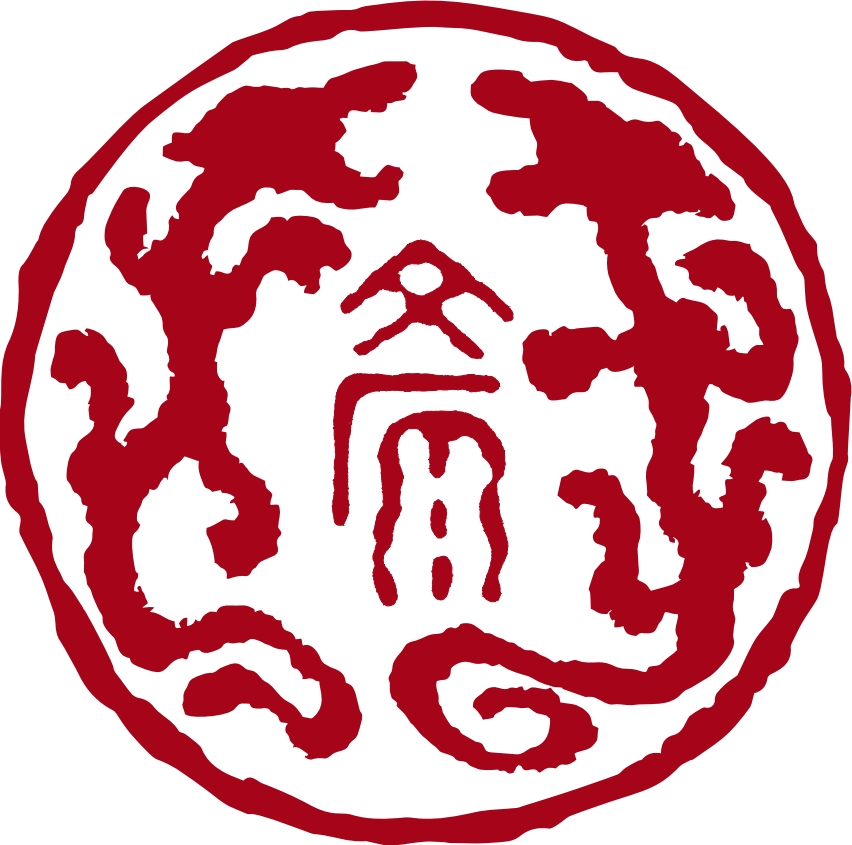

Menghai Wenyuan Tea Industry Co., Ltd

Yunnan, China
September 2023
Food products
Wholesale/Retail
China
Premium Pu'er Blend - Ho's Tea Flavor In the early 21st century, the Ho family embarked on crafting a series of products, including "Banzhang Da Baicai" and "Banzhang Kongque," leaving behind a legendary reputation in the history of Pu'er tea. He Wenyuan, the eldest son and direct descendant of the Ho family, is the inheritor of the Banzhang Da Baicai and Kongque tea. He started making tea in the mountain since 2004. Along the journey, he has diligently cultivated the Banzhang region and insisted on using only spring tea leaves and handcrafting tea. Harnessing the family's secret blending techniques, he created the Ho’s tea that comes with sweet, strong and delicate flavors. The artistry behind this tea lies in its ability to unfold a multi-layered taste experience. With each sip, as you venture further into its infusion, you can gradually grasp its profound power and unique charm. In 2023, He Wenyuan partnered with Su Jianliang to establish Wenyuan Tea, a premium handmade Pu'er tea brand focused on "Quality + Digital Marketing." This marks a new chapter for Ho's Tea Flavor.
Overall B Impact Score
Governance 8.2
Governance evaluates a company's overall mission, engagement around its social/environmental impact, ethics, and transparency. This section also evaluates the ability of a company to protect their mission and formally consider stakeholders in decision making through their corporate structure (e.g. benefit corporation) or corporate governing documents.
What is this? A company with an Impact Business Model is intentionally designed to create a specific positive outcome for one of its stakeholders - such as workers, community, environment, or customers.
Workers 33.4
Workers evaluates a company’s contributions to its employees’ financial security, health & safety, wellness, career development, and engagement & satisfaction. In addition, this section recognizes business models designed to benefit workers, such as companies that are at least 40% owned by non-executive employees and those that have workforce development programs to support individuals with barriers to employment.
Community 23.2
Community evaluates a company’s engagement with and impact on the communities in which it operates, hires from, and sources from. Topics include diversity, equity & inclusion, economic impact, civic engagement, charitable giving, and supply chain management. In addition, this section recognizes business models that are designed to address specific community-oriented problems, such as poverty alleviation through fair trade sourcing or distribution via microenterprises, producer cooperative models, locally focused economic development, and formal charitable giving commitments.
Environment 20.8
Environment evaluates a company’s overall environmental management practices as well as its impact on the air, climate, water, land, and biodiversity. This includes the direct impact of a company’s operations and, when applicable its supply chain and distribution channels. This section also recognizes companies with environmentally innovative production processes and those that sell products or services that have a positive environmental impact. Some examples might include products and services that create renewable energy, reduce consumption or waste, conserve land or wildlife, provide less toxic alternatives to the market, or educate people about environmental problems.
Customers 3.7
Customers evaluates a company’s stewardship of its customers through the quality of its products and services, ethical marketing, data privacy and security, and feedback channels. In addition, this section recognizes products or services that are designed to address a particular social problem for or through its customers, such as health or educational products, arts & media products, serving underserved customers/clients, and services that improve the social impact of other businesses or organizations.